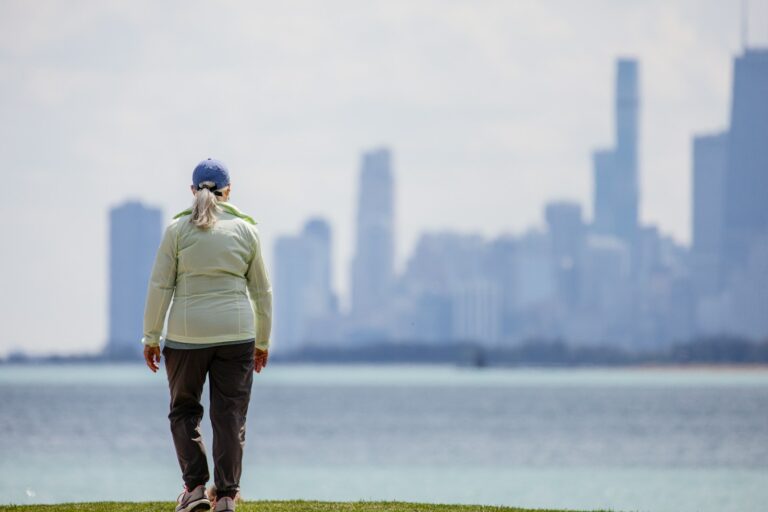Menopause is one of those times when hormones fluctuate big time. And sometimes it’s not so bad riding the wave to the new destination. Sometimes it’s more difficult.
Some lucky one’s glide through these body changes with ease. With grace even. But most of us can expect symptoms that hale the arrival of what might turn out to be a whole new body.
Here is a list of some of the changes that can happen as the changing of the hormonal guard takes place:
- Everything dries up. (eyes, skin, vagina)
- Hot flashes, night sweats (hence the dryness).
- Early waking or Insomnia
- Fatigue
- Joint pains
- Frozen Shoulder
- Reduced sex drive
- Painful sex
- Anxiety
- Irritability
- Fuzzy thinking
- Hair falls out
This is quite a list. You won’t have all of these symptoms. And you may have symptoms that aren’t on this list. But even having a few of these symptoms is enough to turn your world upside down.
What is a woman to do?
First, know that it’s time to take care of yourself. Women generally put themselves at the bottom of the list when it comes to self-care. And self-care really gives us some insight into ourselves and our preferences. And maybe that frozen shoulder is indicative of you picking up way too many pieces.
Here’s a simple list for you to consider moving into menopause.
Take care of yourself.
This is not a trite statement. It’s real, and it’s about time. If you haven’t learned how to do this before now, you must now.
Say no. Take baths. Move in a way that feels good to you. Ask for hugs. Eat better. Take that trip.
If none of those resonate, make your own list about what that might mean. We all know inside what that might look like. And if it’s still difficult ask for help.
Menopause as a gift.
It’s in the name. A time to pause. A time to reflect on this transformational transition and decide how you will now use all of the wisdom you’ve gained. There are other gifts.
Be open to what they are for you. I see so many women whose lives opened up after menopause. They saw more clearly their purpose, or what made them excited and went for it. At some point we recognize that we still have time.
Eat Well.
Protein, Essential fatty acids, Green food, and water.
This is a simplified list but there is lots of information about how good food supports us. And sometimes it’s as simple as slowing down enough to just enjoy what we are putting into our mouths. Or enjoying the company we have as we eat.
Herbs.
There are many herbs that support hormone production because of their molecular structure, and therefore can help alleviate symptoms.
Here are some to try: black cohosh, passionflower, chasteberry, wild yam and ashwagandha. Read the instructions or get some help from someone who knows how to take these herbs.
Move your body.
Moving increases endorphins, which elevates our mood, which helps us feel better. It may be as simple as a walk through the woods. Or turning on some music to dance in the kitchen. Or it may be taking on a weightlifting class, a tai chi class or some hot yoga.
Nap
If you aren’t getting enough sleep at night, try getting a nap in during the day. Or maybe go to bed a 1/2 hour earlier just to give your body a chance to unwind and relax. Also, if you are partnered, consider sleeping in separate beds. Sleep and sexy time are two different things.
And luckily there are Homeopathic remedies that help too.
Here’s a short synopsis of five possible remedies. Remember, however, that having a homeopath help choose a remedy will likely give you better results. We don’t see ourselves as well as someone else. And there are hundreds of remedies that could potentially help.
- Pulsatilla: This remedy is considered a polycrest. It means that it has broad uses. Pulsatilla has many uses in childhood illnesses including colds and ear infections. But it is utilized enormously with many women’s hormonal issues including pregnancy as well as menopause.
It’s used when a person is emotional. Easy weeping over the slightest causes. There is a sensitivity. After all, the remedy is made from a wind flower. Consider the “law of signatures”. Symptoms can change “with the wind”. They can move around. And it can be understandable that a woman needing this remedy feels better outside. She may stick her feet out of the covers at night because she is hot. And despite the heat they are not often reaching for water. If you’ve had a history of difficult periods, this may also be an indication for Pulsatilla. - Sepia: Stagnation is the keyword for this remedy. It feels like everything has stopped, and it’s difficult to even get out of the chair to do something. But if they can get up and get a workout in, they often feel better. A woman needing this remedy is often chilly and loves to spend time in the sun warming up. She’s irritable and doesn’t want to be touched. In the old books it talks about “taking an antipathy to her husband.” Many of the symptoms come on due to exhaustion. It’s the over work that leads to the stagnation.
- Sulphur: Hot, hot, hot! And worse in the heat. Sweaty too. The heat rises and can be felt in the face. Being in bed under covers is heat-producing, so here’s another one that sticks their feet out of the covers. Sweets are their downfall and by 11 am they are hungry . . . even if they have eaten breakfast. Sometimes if the only thing you are dealing with in menopause is hot flashes, it’s not inconceivable that a dose of Sulphur 30C on an as needed basis will help.
- Lachesis: Intense. Both the person and the symptoms can be described in this way. In the books the words “rage, jealousy and loquacity” are used frequently. Simply put, there’s passion evident in the woman needing this remedy, if only in her symptoms. Everything is worse in the morning when they first wake up. Mornings are not good to them. Flow feels good. And this includes menstruation. If blood is minimal then there is more pain. Typically, a woman needing Lachesis doesn’t like things around their necks, it chokes or suffocates them. And many symptoms are left sided.
- Sanguinaria: I add this remedy as it seems to be specific for frozen shoulder during menopause. I wish I had recognized my frozen shoulder as a menopausal symptom. It wasn’t until later that I saw more and more women that had this problem through the hormonal shifts that are menopause.
We can and do survive menopause. It’s what we do. Sometimes we arrive a little worse for wear. But we needn’t. On this side of the fence, opportunity abounds for more energy, creativity and thriving.

